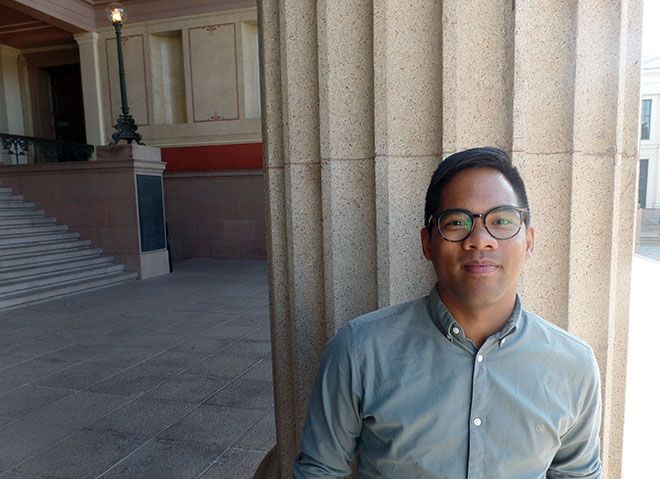About the project
Individuals who identify as incels, or involuntary celibates, have in recent years carried out several violent attacks that have resulted in many casualties. Incels take part in a subcultural online community of men (and women) who believe that their current situation, an involuntary lack of sexual and romantic success, is due to various individual factors such as appearance and mental health, or more structural factors such as feminism and an unbalanced dating market. In short, incels believe that they are destined to live a life of celibacy because of society's deterministic and hierarchical divisions based on gender and attractiveness.
At the same time, incels are often one-dimensionally portrayed as a monolithic group of angry men who promote misogynistic and extremist ideology. The purpose of the project is to contribute in nuancing and humanizing the online community by focusing more closely on incels' own stories about everyday life, stigma, and life stories.
Method
The project explores incels both online and offline through qualitative research methods such as netnography to analyze incel forums, as well as interview data to examine incels' own experiences of involuntary celibacy.
Objectives
The project seeks to better understand individuals who identify as incels, or involuntary celibates, by exploring narratives, trends and stylistic expressions within the incel community, as well as negotiations of masculinity and stigma. In addition, social and cultural features of a potential radicalization process are examined by individuals within the incel milieu.
Project period
The project runs for four years from 2020 to 2024.
Financing
The project is funded by the University of Oslo.

